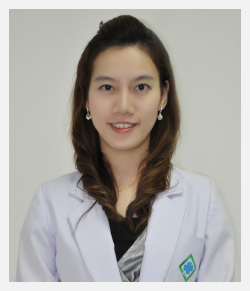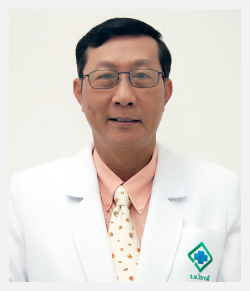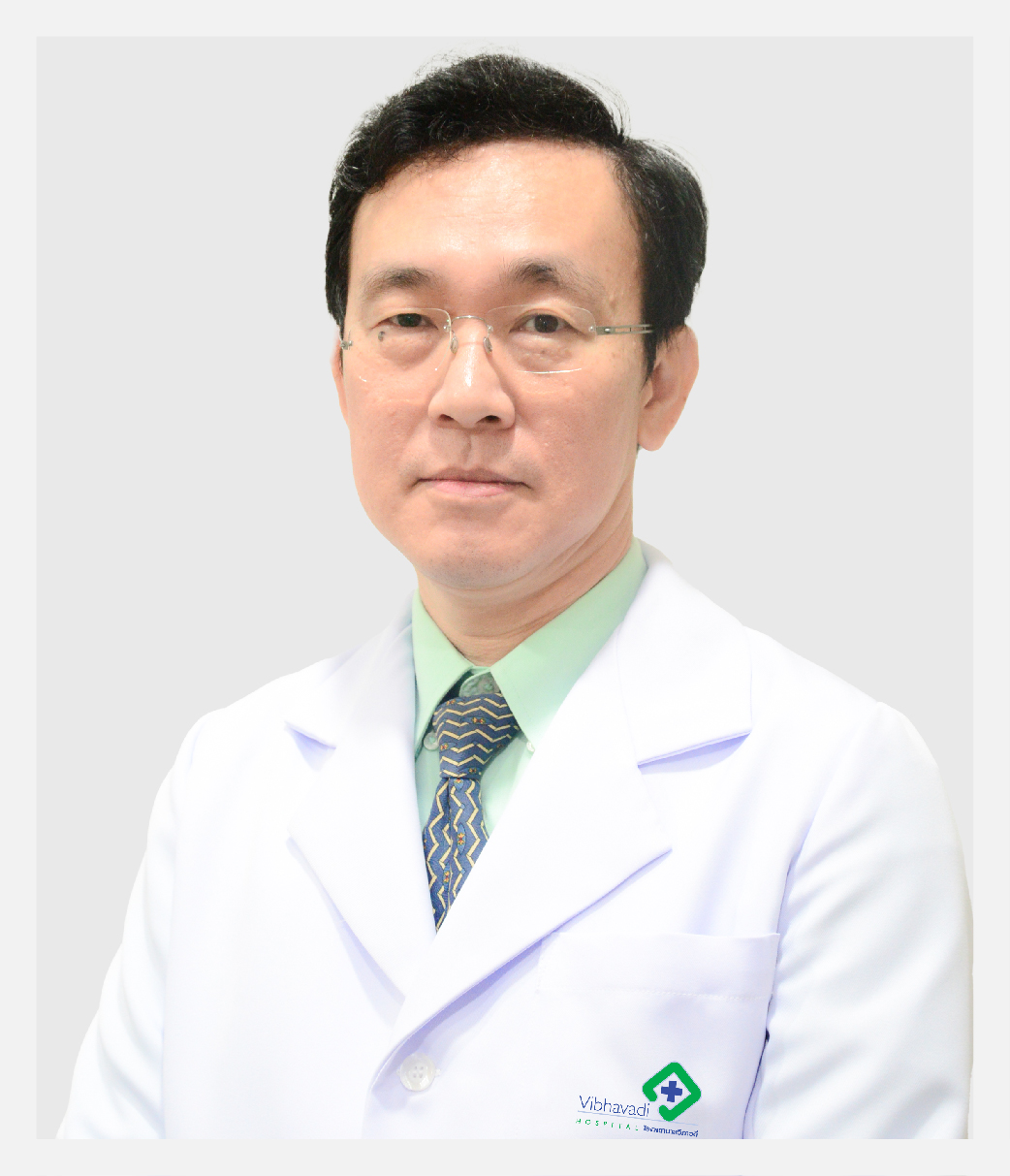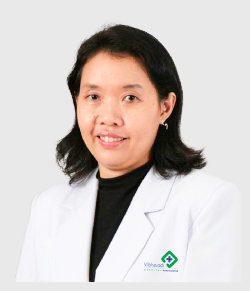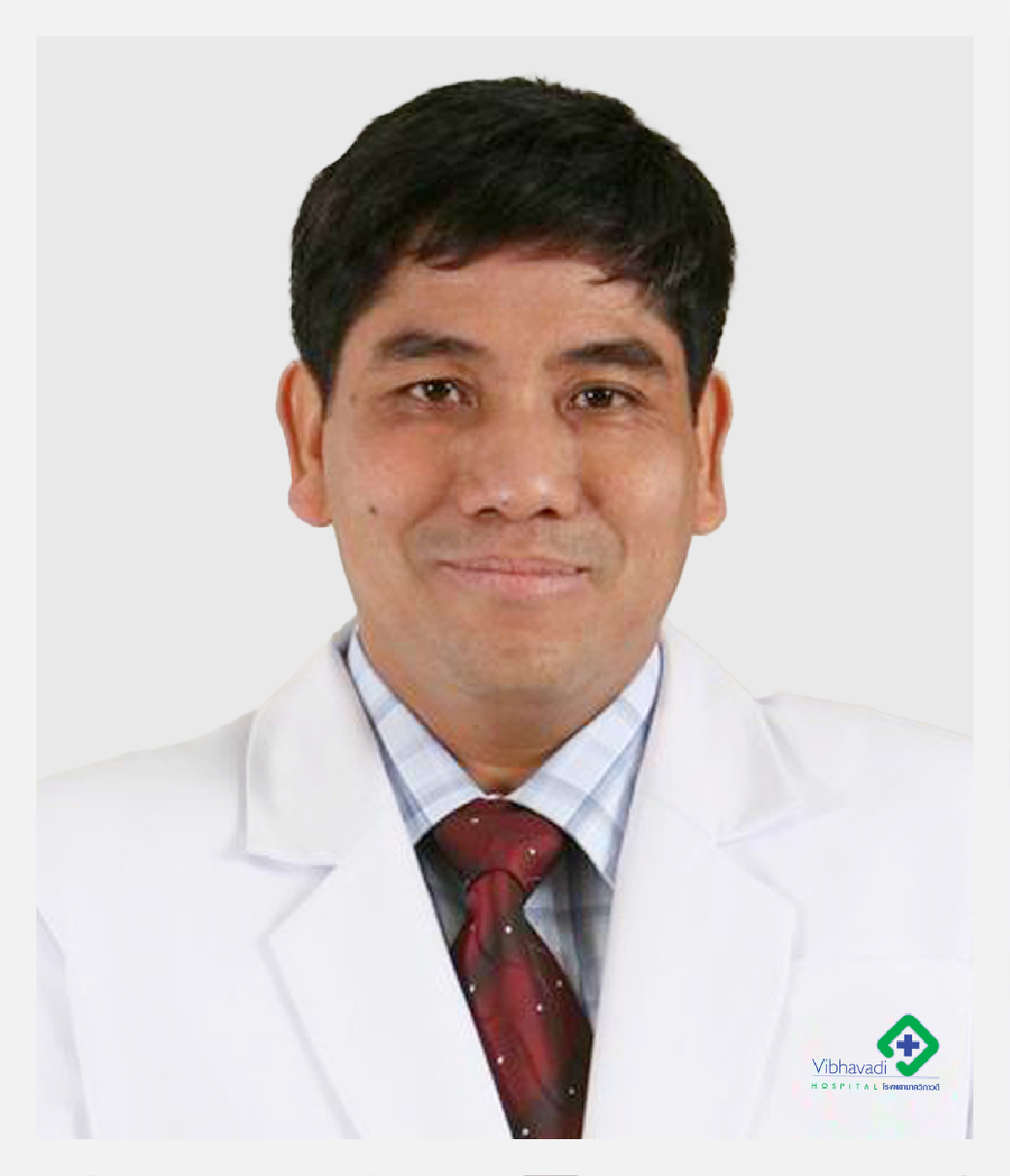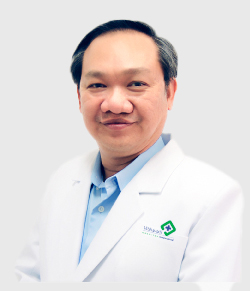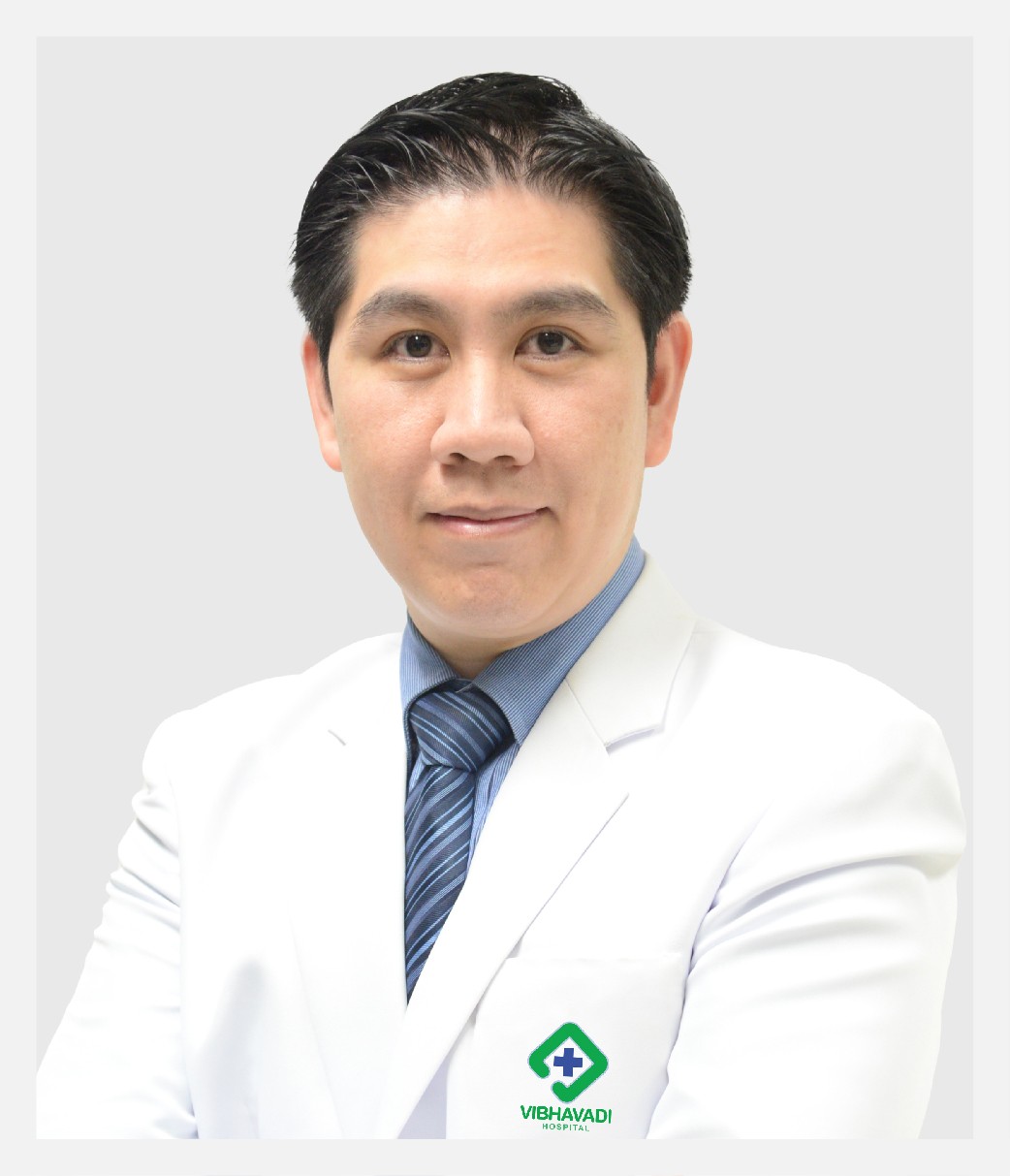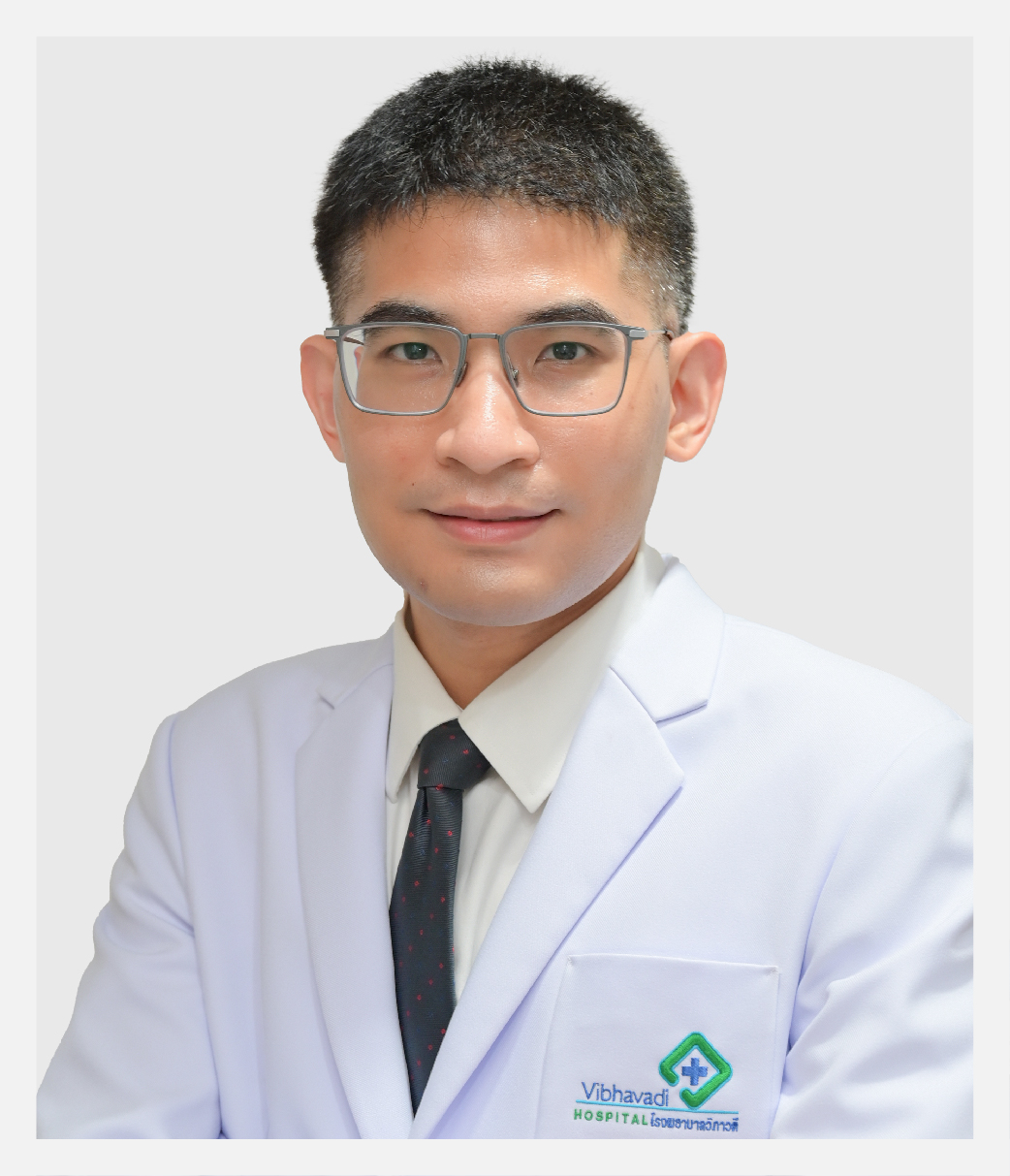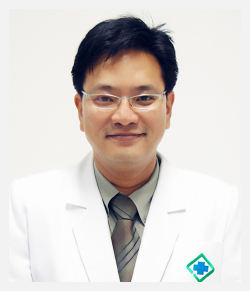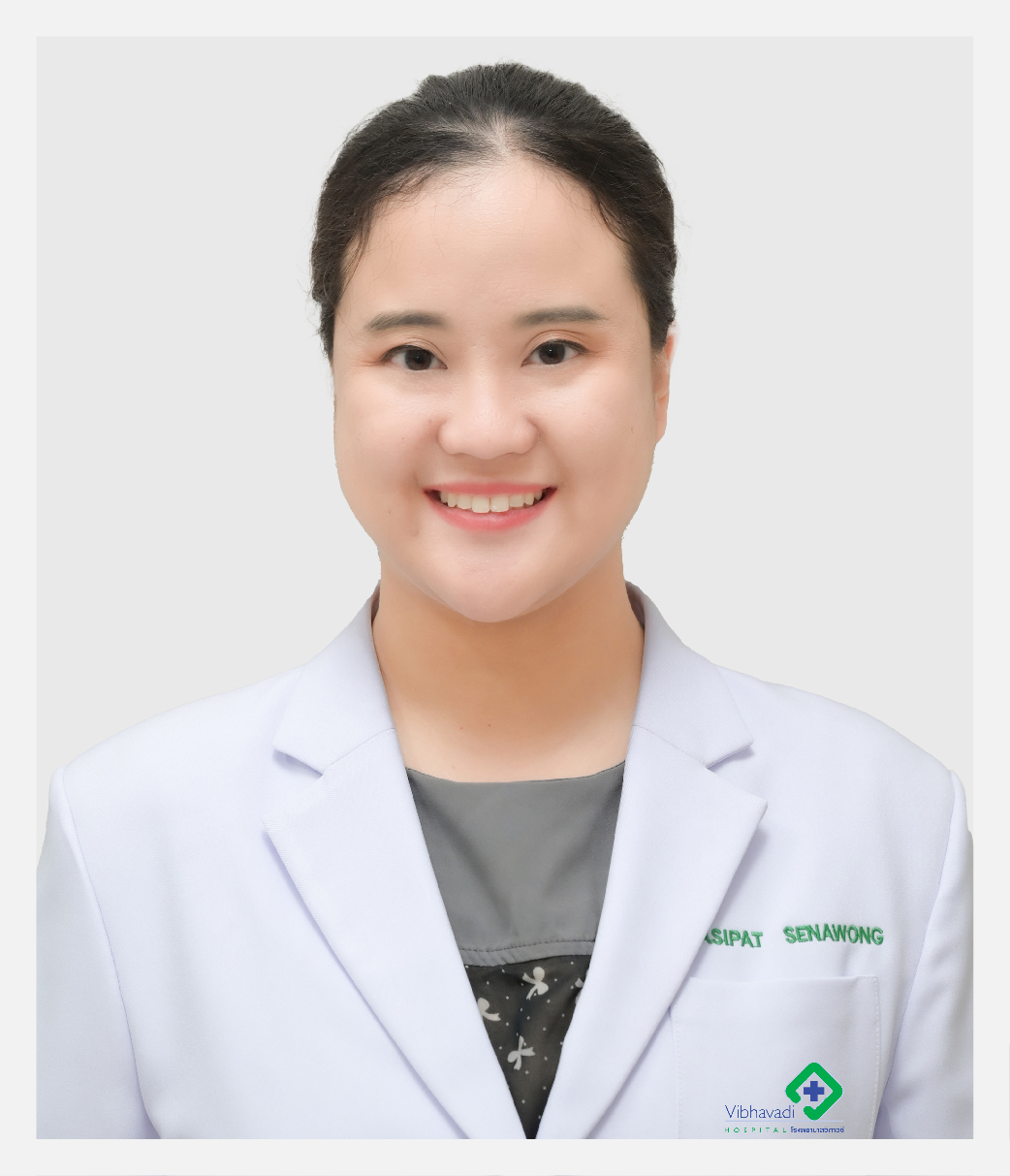Liver Disease
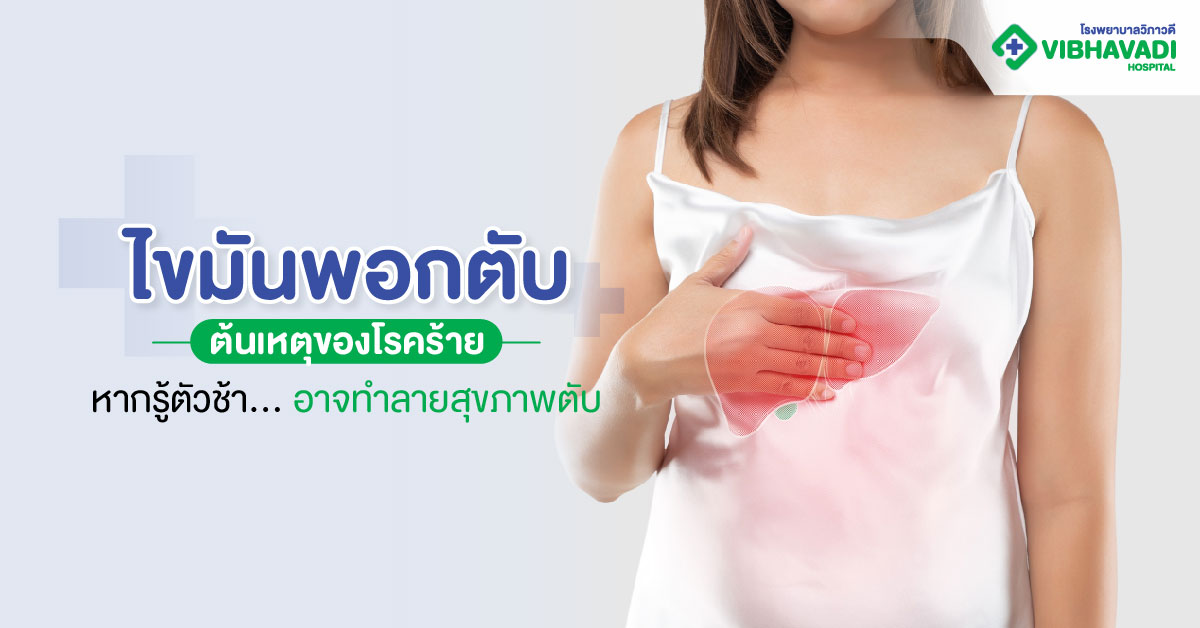
What Is Fatty Liver Disease?
Fatty liver disease (hepatic steatosis) occurs when excess fat builds up in the liver cells. It is one of the most common liver disorders globally, especially due to changing lifestyles and rising rates of obesity. There are two main types:
-
Non-Alcoholic Fatty Liver Disease (NAFLD): Occurs in people who drink little or no alcohol.
-
Alcoholic Fatty Liver Disease (AFLD): Caused by heavy alcohol consumption.
If left untreated, fatty liver disease can progress to more serious conditions such as nonalcoholic steatohepatitis (NASH), fibrosis, cirrhosis, or even liver cancer.
Causes and Risk Factors
Fatty liver disease is often related to metabolic imbalances and lifestyle. Major risk factors include:
-
Obesity and being overweight
-
Type 2 diabetes and insulin resistance
-
High cholesterol and triglycerides
-
Poor diet (high sugar and saturated fat intake)
-
Excessive alcohol consumption (for AFLD)
-
Sedentary lifestyle
-
Polycystic ovary syndrome (PCOS)
Family history and certain medications may also contribute to liver fat buildup.
Symptoms to Watch Out For
Fatty liver disease usually presents no symptoms in its early stages. However, as it progresses, you may experience:
-
Fatigue and weakness
-
Pain or discomfort in the upper right abdomen
-
Unexplained weight loss
-
Jaundice (yellowing of skin and eyes) in advanced cases
-
Swelling in the abdomen or legs
-
Confusion or difficulty concentrating (in severe cases)
Early diagnosis is essential to prevent irreversible liver damage. You can learn more about liver function tests at our Gastroenterology Center.
Diagnosis and Treatment Options at Vibhavadi Hospital
At Vibhavadi Hospital, we provide comprehensive screening and liver care by experienced specialists using advanced diagnostic tools.
Diagnosis
-
Liver Function Tests (LFTs): To assess enzyme levels and liver performance
-
Ultrasound or CT scan: To detect fat deposits in the liver
-
FibroScan: A non-invasive test that evaluates liver stiffness and fat content
-
Liver biopsy: Performed in selected cases to confirm diagnosis and assess inflammation or fibrosis
We recommend regular checkups if you are in a high-risk group.
Treatment Options
There is currently no specific medication approved to treat fatty liver directly, but lifestyle changes are highly effective:
-
Weight loss: Losing 7–10% of body weight can reduce liver fat and inflammation
-
Healthy diet: Emphasis on vegetables, lean protein, whole grains, and low sugar
-
Regular exercise: At least 30 minutes a day, 5 times per week
-
Management of comorbidities: Such as diabetes, high blood pressure, and high cholesterol
-
Alcohol cessation: Essential in cases of alcoholic fatty liver disease
In cases where liver damage is advanced, patients may require medication to manage symptoms or even liver transplantation in extreme cases.
Visit our Health Check-Up Programs for screening packages that include liver evaluations.
Comprehensive Liver Care Team
Our Hepatology and Gastroenterology Department at Vibhavadi Hospital consists of:
-
Board-certified hepatologists
-
Gastroenterologists
-
Radiologists and lab specialists
-
Nutritionists and lifestyle coaches
We provide patient-centered care focusing on early detection, effective treatment, and long-term monitoring to prevent liver-related complications.
Frequently Asked Questions (FAQ)
Q: Is fatty liver disease reversible?
A: Yes, especially in early stages. Lifestyle changes like diet and exercise can significantly reduce liver fat and improve function.
Q: Can fatty liver disease lead to liver cancer?
A: If left untreated and progressed to cirrhosis or NASH, the risk of liver cancer increases significantly.
Q: Are there medications for fatty liver?
A: While no drugs are currently approved specifically for fatty liver, medications may be prescribed to manage related conditions such as diabetes, cholesterol, or inflammation.
Q: How often should I get liver screenings?
A: High-risk individuals should have annual checkups. Speak with your physician for personalized screening recommendations.
Q: Do I need to stop drinking alcohol completely?
A: Yes, if you have alcoholic fatty liver disease. Even for nonalcoholic fatty liver, minimizing alcohol intake is recommended.
Testimonials
Proud to take care of you

